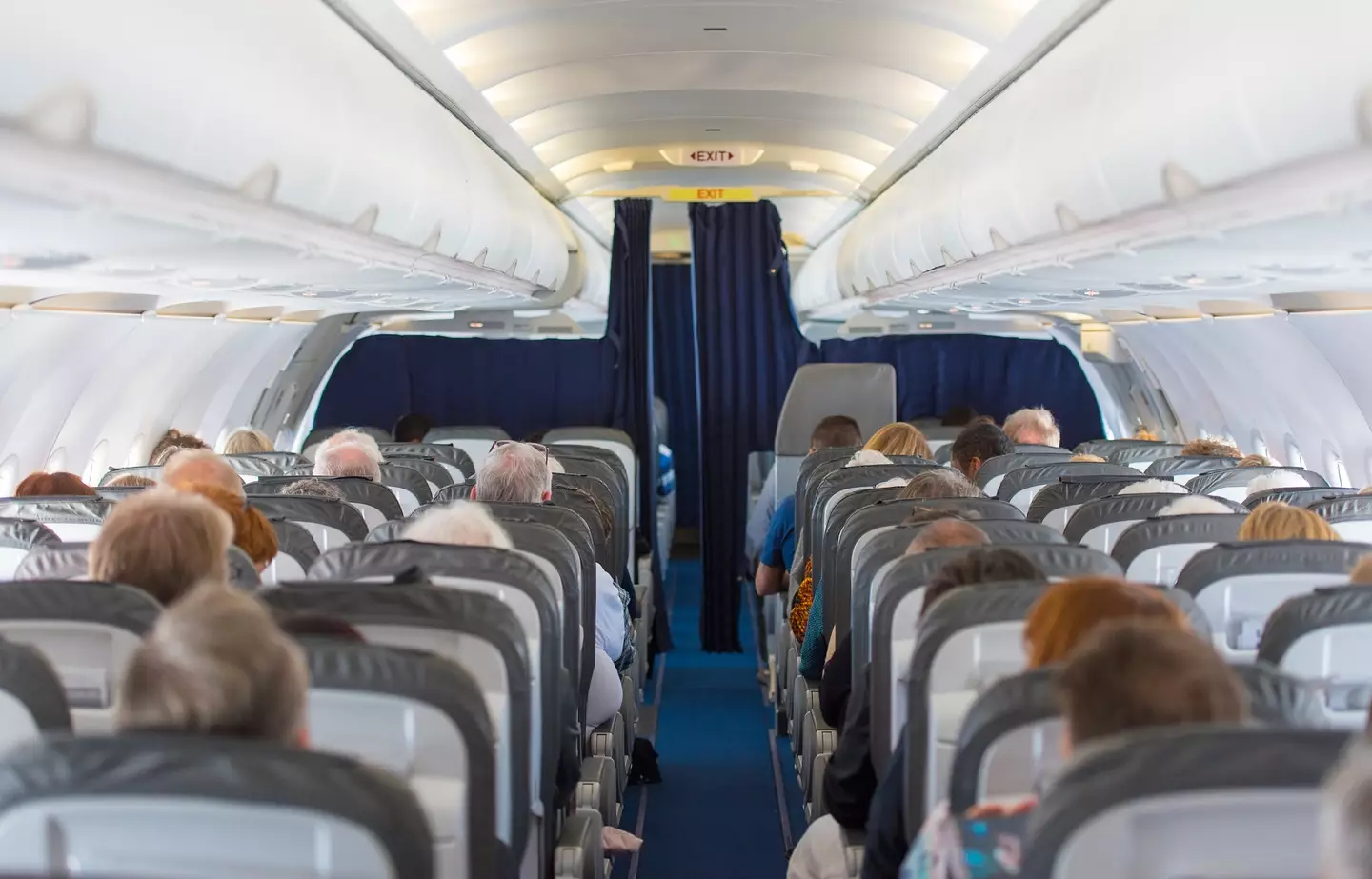Have you ever felt unusually gassy while flying? If so, you are definitely not alone.
Experiencing the need to pass gas while confined on a plane with hundreds of people can be one of the worst situations imaginable.
In such a hot and stuffy environment, where you are sharing the same air with many others for an extended period, the last thing you want to do is release gas and cause discomfort to those around you.

Interestingly, the increased flatulence you experience on planes isn’t really your fault—unless you indulged in a lot of Brussels sprouts before your flight.
Dr. Karan Rajan, a TikTok doctor, recently explained why you tend to be more gassy while flying.
“When you fly, the cabin pressure decreases so the air inside your intestines increases by up to 30 percent more than usual,” he said.
“Since your colon has limited space and can only expand so much, a natural consequence is to release these fumes.”
Even if you try to hold it in, you might still end up releasing some gas.

This is why airlines often provide meals that are low in fiber and high in carbs, as these are less likely to cause bloating and gas.
Dr. Rajan also mentioned that airlines use charcoal filters in the air conditioning systems “to absorb your sulphurous fumes.” A 2018 study even suggested that “charcoal-equipped HEPA filters” improved air quality.
If you’re concerned about flatulence while flying, Dr. Rajan advises avoiding foods like dairy products, garlic, onions, seeds, and certain types of bread before traveling.
He also recommends eating slowly to avoid swallowing unnecessary air.
Earlier this year, an incident occurred where a passenger forced a plane to turn around after farting in someone’s direction during an argument over a reserved seat.
The altercation escalated, and the airline eventually decided to turn the plane around and have the offending passenger escorted off.
So, it’s a good idea to be mindful—try not to fart while flying.

